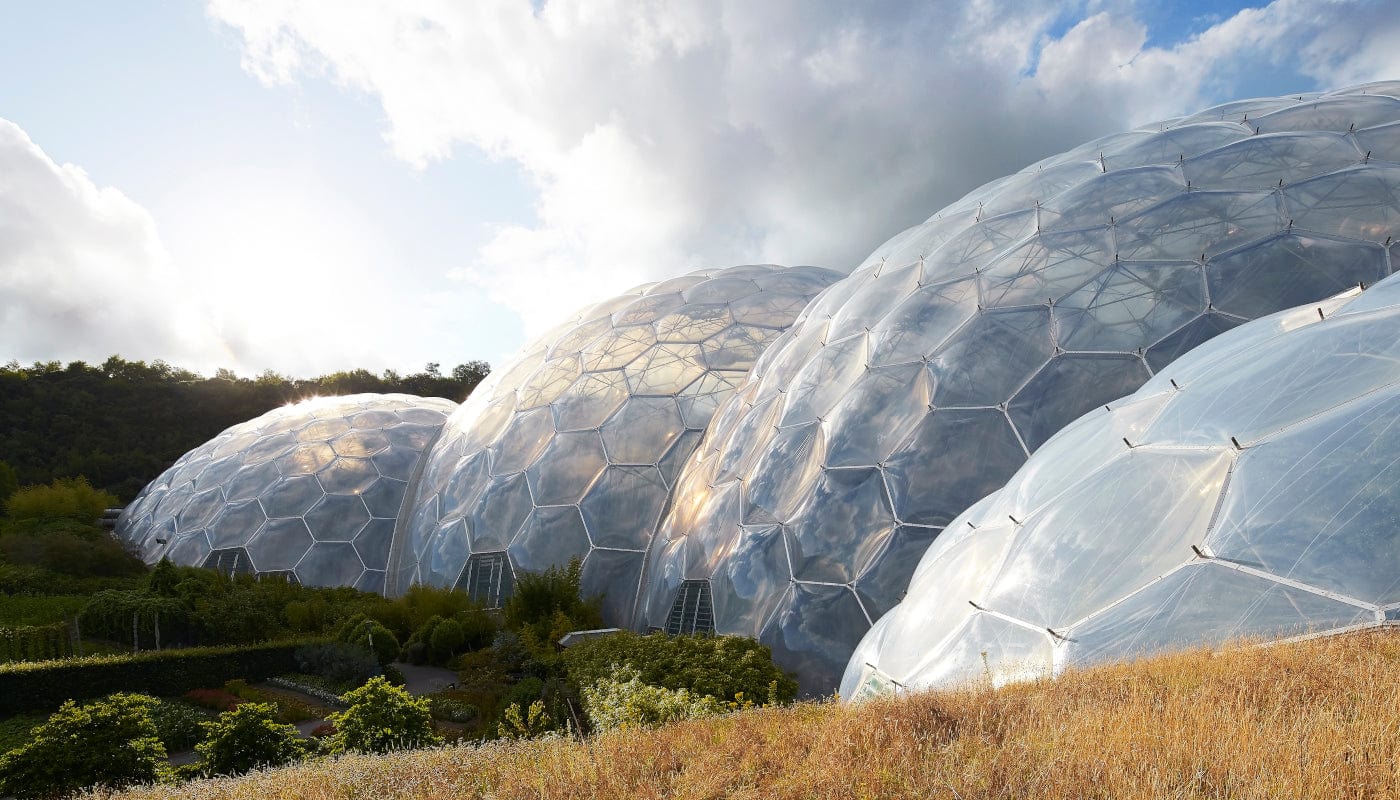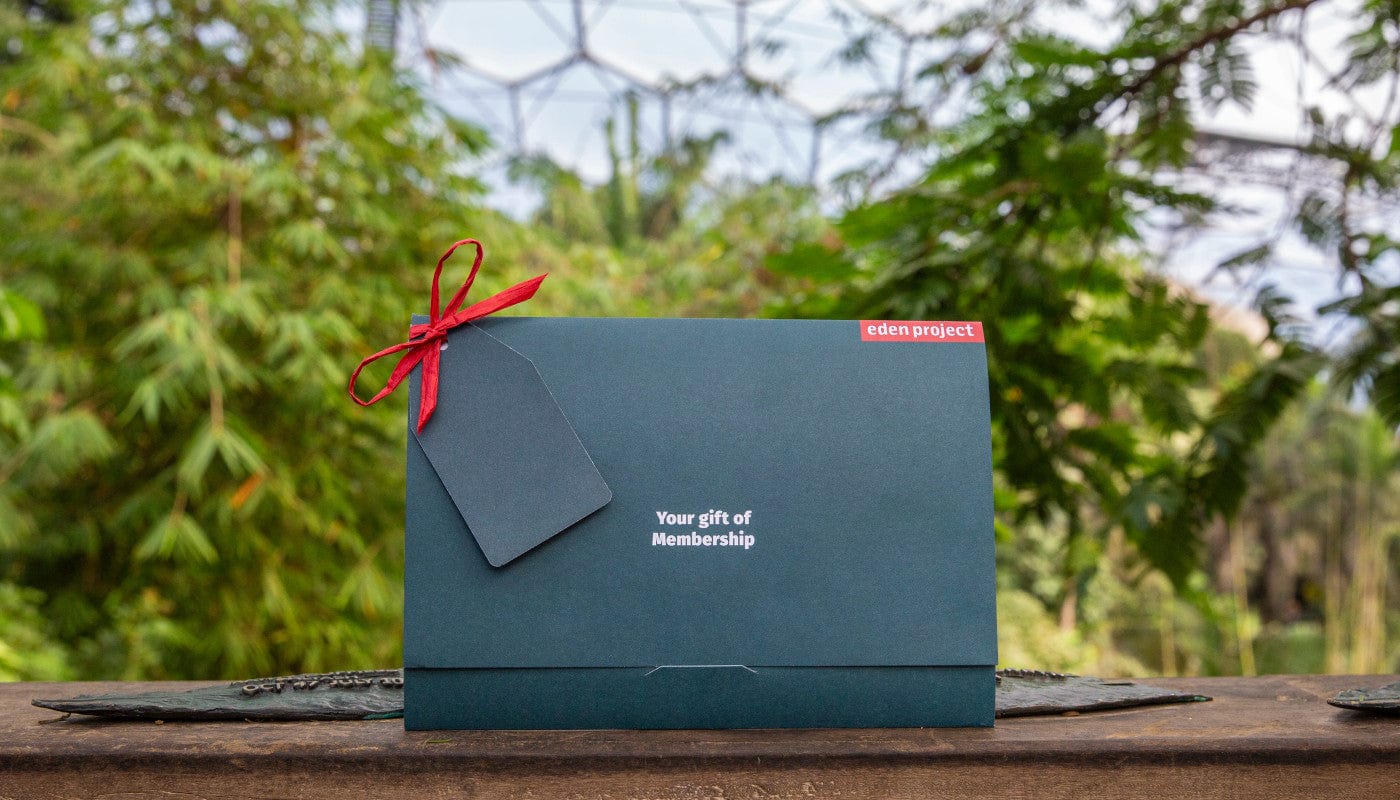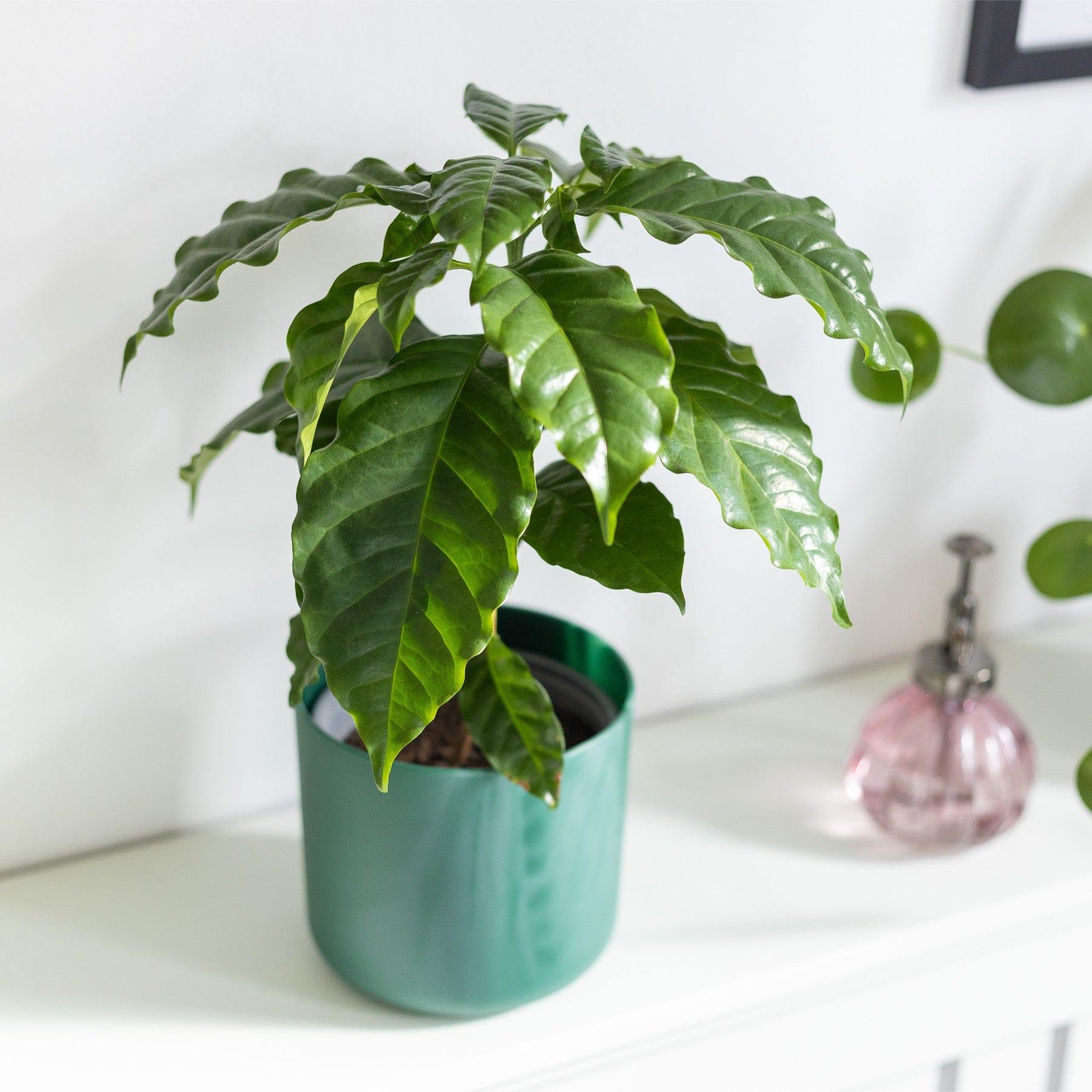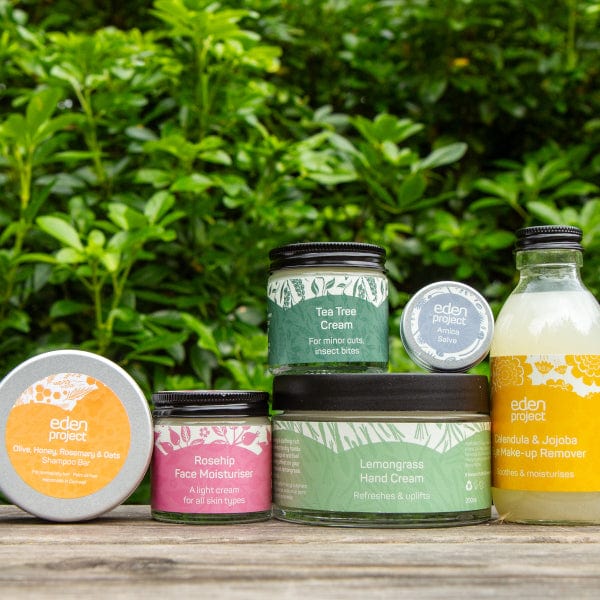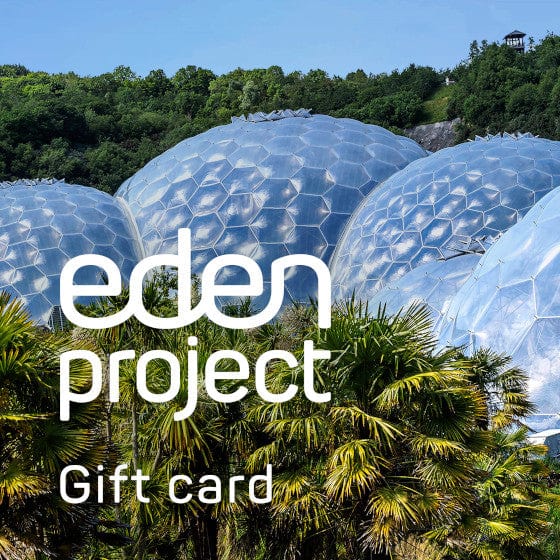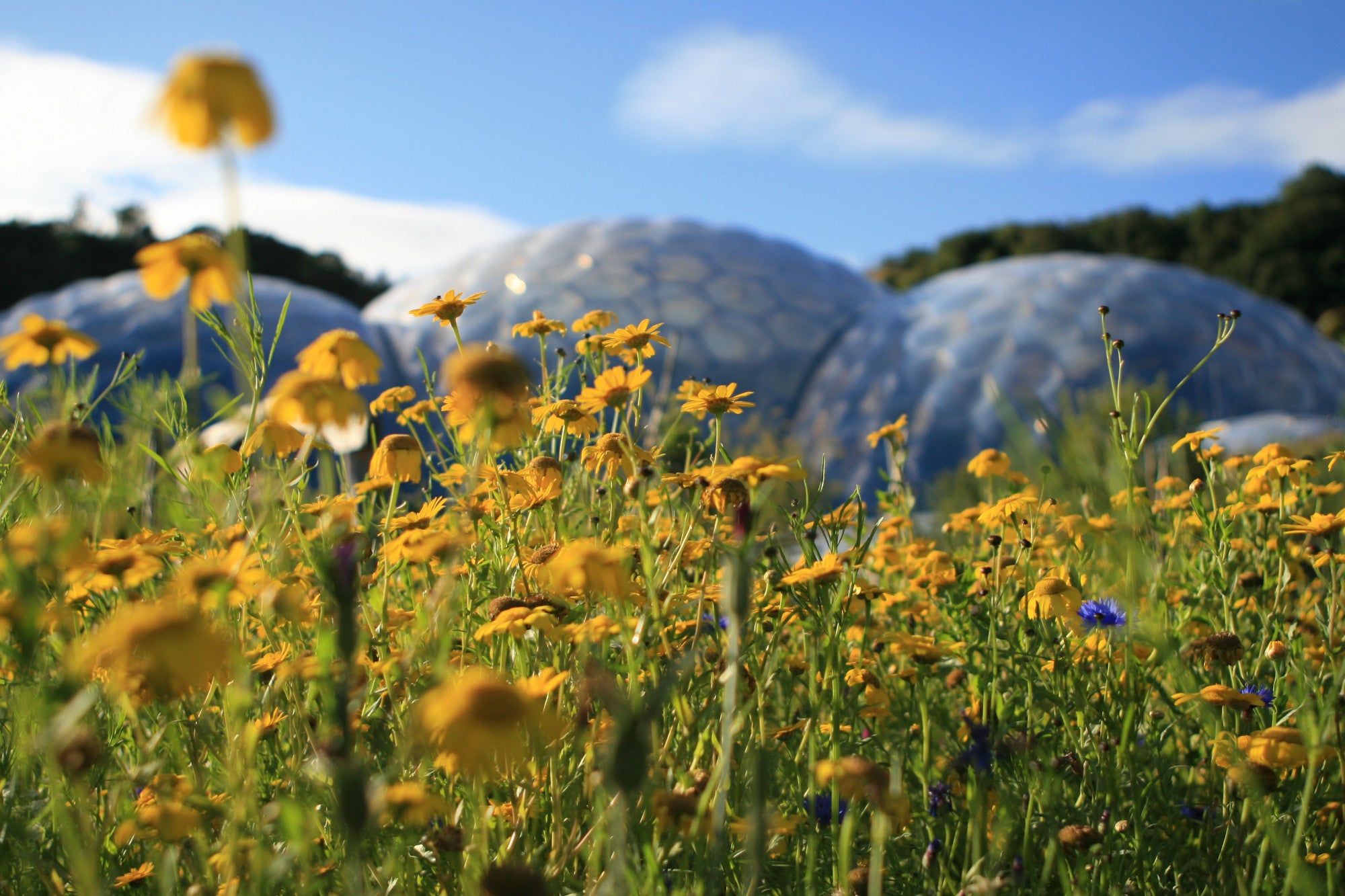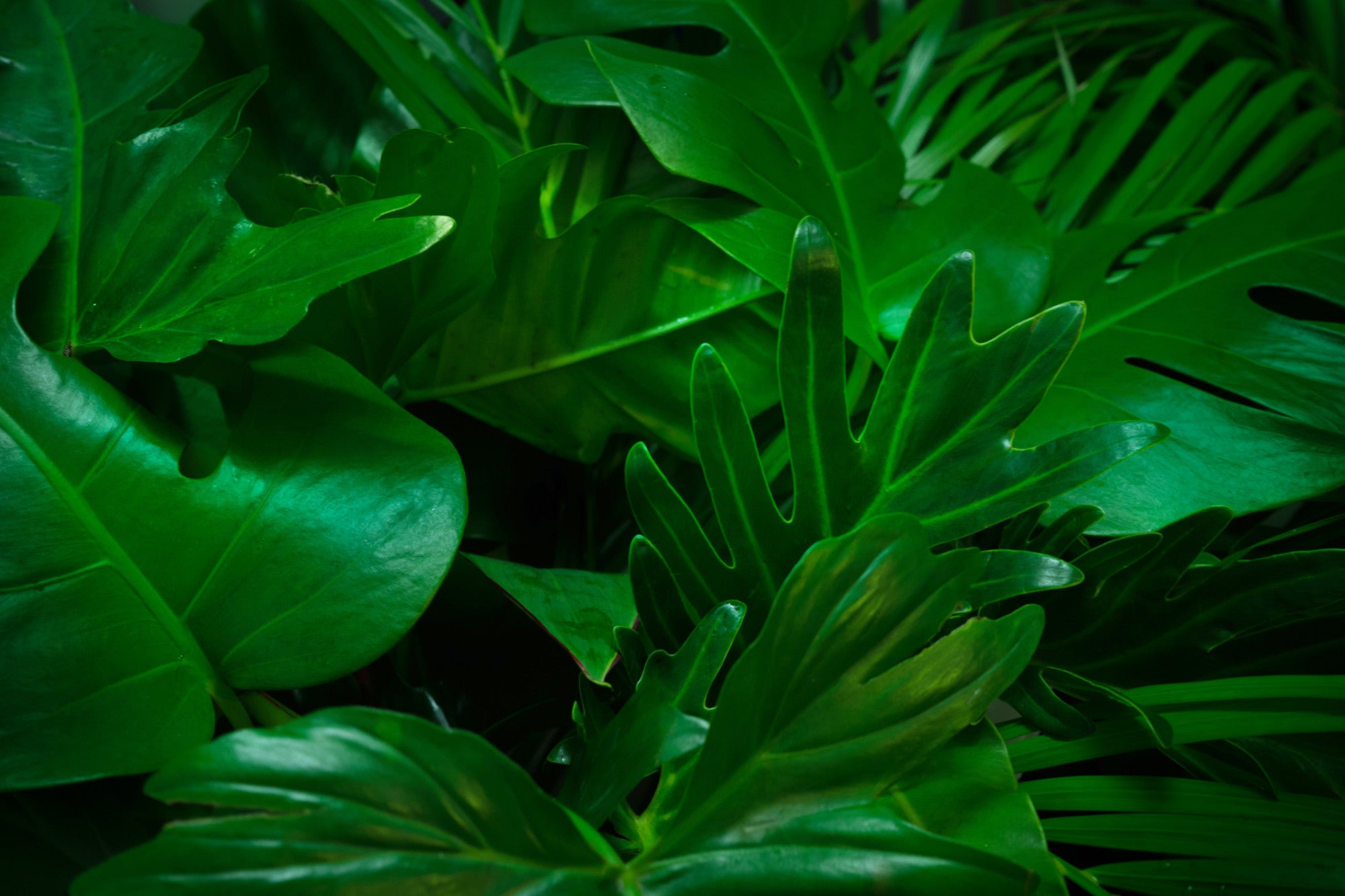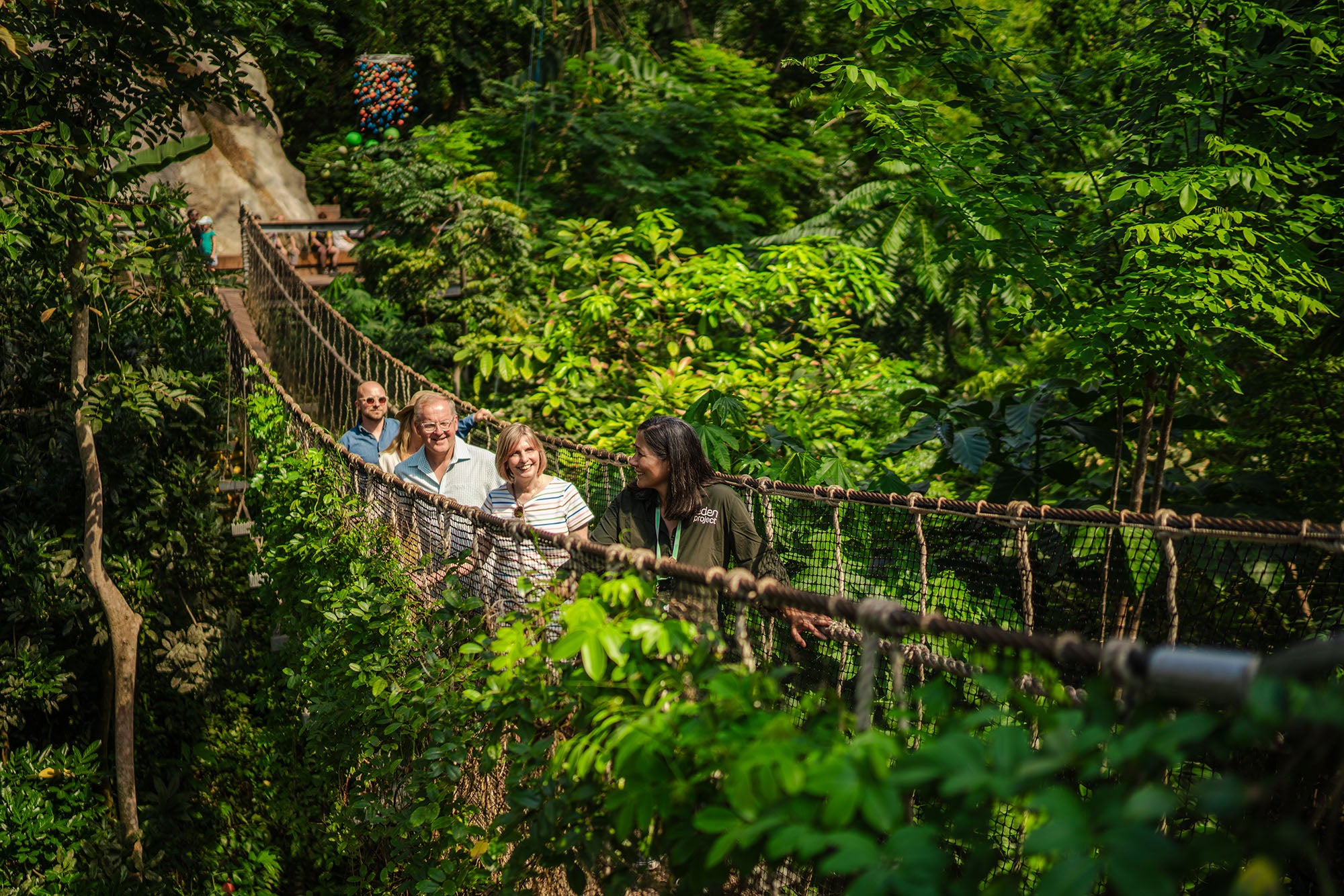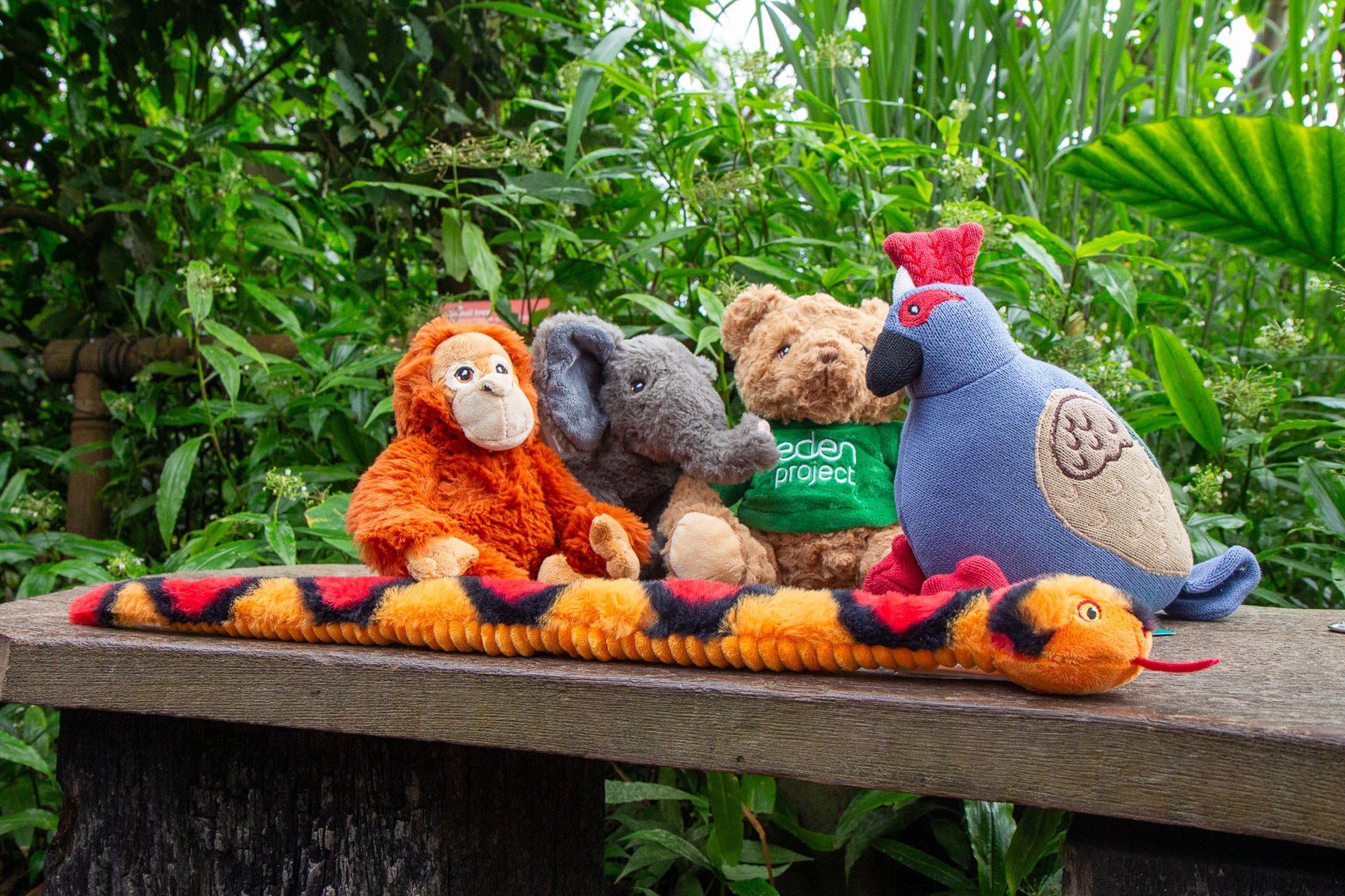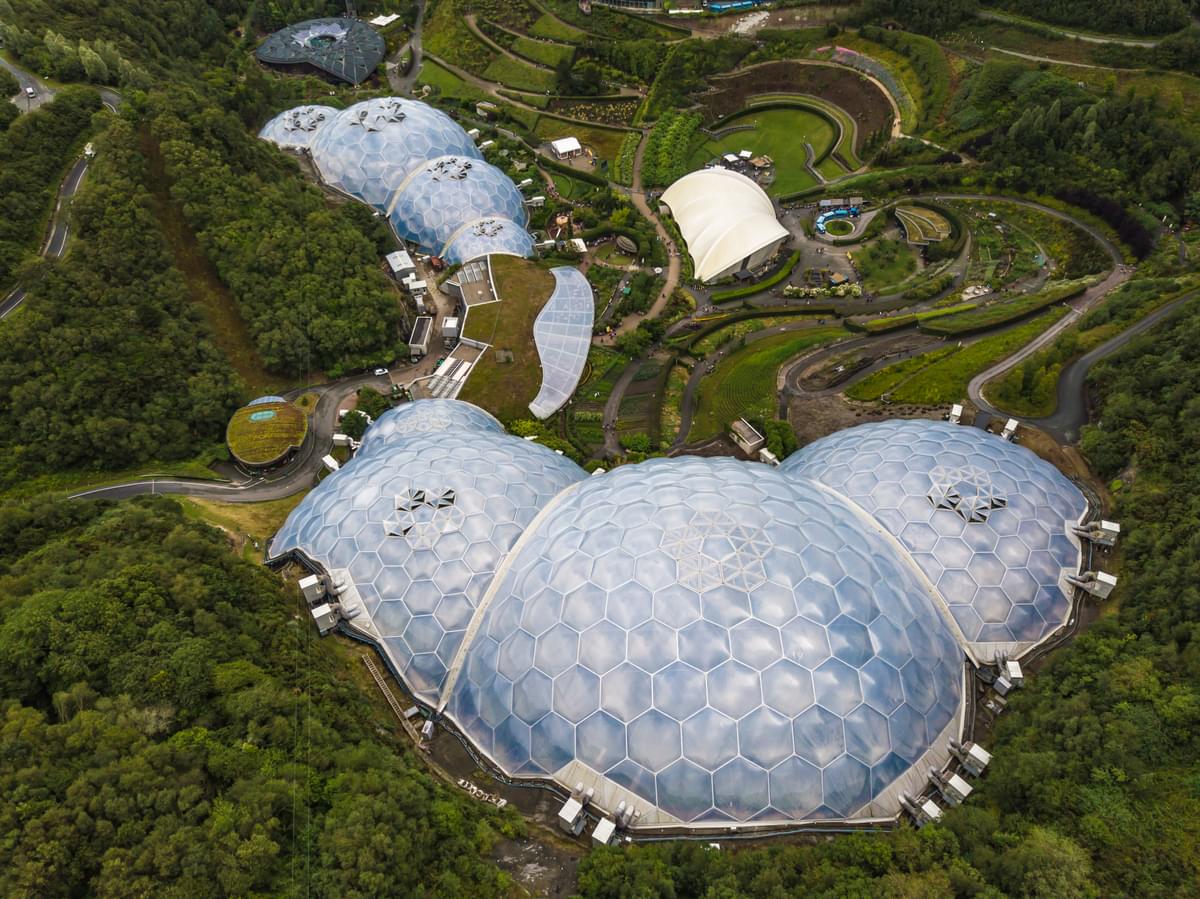How to make your garden more sustainable
Looking to lower your carbon footprint and give back to Mother Nature? Sustainable gardening is one brilliant way to do so. Supporting wildlife, reserving resources and not to mention its stunning natural aesthetic - these are just a few of the many benefits of making your garden greener. No matter what size your garden is, there’s always enough room to make a difference. From growing wildflowers to creating homes for your animal visitors, there are a lot of ways to make your garden more eco-friendly.
Whether you’re looking for some low-maintenance methods or want to completely transform your garden, we have helpful tips and advice to suit all lifestyles and outdoor spaces. In this guide, we explain how you can build your dream sustainable garden.

What plants are best for a sustainable garden?
If you want to get into sustainable gardening then a great place to start is by looking at what to plant. From food to flowers, there is a wide variety of plants that you can grow that will have a myriad of benefits, such as increasing biodiversity and lowering your carbon footprint. If you’re getting into gardening for the first time and find the idea a bit daunting, don’t worry. Gardening can be very rewarding, and there are a lot of things you can plant that don’t require heavy maintenance or a particularly green thumb.
When it comes to flowers there are so many stunning plants to choose from, however, there is nothing better for building a sustainable garden than some native flowers. Native flowers are plants that naturally grow in your area and therefore attract and support native, local wildlife. Native flowers require less maintenance and are perfect for beginners and people with busy lives. We even recommend letting them grow as wild as you can as this is much more beneficial to the local fauna, as well as adding a natural aesthetic to your space. Native flowers especially will attract beneficial insects like bees and birds which will increase biodiversity in your garden, and in turn, help your crops to grow.
Grow your own food
If you want to live more sustainably, why not give growing your own food a try? Not only is it rewarding but it comes with a multitude of benefits. By growing your own food you can reduce your environmental impact, save money and the food will taste great as it will always be fresher than anything you’d get from any shop. Fruits and vegetables that you grow at home are more nutritious, especially when grown organically (artificial chemical-free), and if that didn’t already convince you, growing your own food can also lower air and water pollution. The benefits of having your own fruit or vegetable patch are endless!
Growing your own food can be easy, so again, don’t worry if you’re not gifted with a natural green thumb. There are a variety of fruits and vegetables that are low maintenance, such as strawberry and tomato plants. Other than being low maintenance, strawberries are full of flavour and come back year after year, but it’s not just strawberry plants that are delicious and easy to grow. Tomato plants will reward you even if you forget to water them every now and then. Tomato plants are very forgiving and don’t need a lot of care to produce the fruit, so you can relax and enjoy a tasty treat without the fear of under or over-watering them.

Other low-effort foods that you could consider growing are cucumbers, potatoes, courgettes and peppers. If you’re still not sure how to get started with growing your food then we have this great guide to growing your own vegetable patch that is beginner-friendly and full of great tips to get you started!
Start composting
Are you looking for a sustainable, natural way to reduce your waste and improve the fertility of your soil? Composting is the process of recycling organic matter and turning it into a nutrient-rich fertiliser for the plants and soil in your garden. Composting has many benefits for both you and the environment such as creating healthier plants, meaning that your garden, crops and its wildlife can thrive. Composting can attract and support wildlife such as earthworms, lizards, hedgehogs and more, which will help boost biodiversity so that your garden can become a healthier, more sustainable ecosystem.
You can buy a wide variety of compost and soil improvers for your garden to get you started and give your soil and plants the boost they need. However, we recommend making sure they are peat-free and made without artificial chemicals for an eco-friendly and healthy garden.

Make your own fertiliser
Fertilisers not only help to improve plant and soil health in your garden but creating your own is a great way to reduce waste and avoid adding unnecessary chemicals to your crops. You can use everything from weeds and autumn leaves to leftover food to create natural homemade fertilisers, and it’s often as simple as soaking them in water for a few weeks. The absence of artificial chemicals in natural fertilisers makes them a much safer option for your plants and for the local environment.
Here are a few of the ways you can make fertilisers at home:
- Rice water - If you’re a rice lover then you’ll find this fertiliser to be your perfect match. As well as being quick and easy to make, the water left behind from rice contains small amounts of nitrogen and potassium which are essential for nurturing your plant's growth. After you’ve boiled your rice, start by making sure the water is completely cooled and pour it into a spray bottle. It’s that simple! Just make sure to use it quickly as this fertiliser doesn't do well when stored for long periods.
- Banana peels - Potassium-packed bananas are perfect for nourishing your plants. Fruit plants will especially enjoy the extra potassium boost and produce much higher quality crops because of it. The easiest way to use bananas as a fertiliser is to simply bury the peels in the soil near your plants. However, you can also chop up your banana peels and add them to water in a jar, put a cloth over it (so no pesky bugs can get into it) and stir it every day for three days. You can add more banana peels as well if you find you have some at hand, but if you do this make sure to dilute the fertiliser by around 50% once the process is done so it isn’t too strong for your plants. You can then scoop out the peels and add these to your garden compost heap.
- Weeds - Weeds are full of good nutrients and can make great fertilisers for other plants, and using them in this way can help to rid them from your garden. You’re going to want an outdoor bucket for this fertiliser, as weeds start to smell as they ferment, and won’t be a welcome smell in your home. Chop up the weeds, put them into the bucket of water and leave them to sit for around 2-3 weeks, making sure to stir them regularly to help release the nutrients. Strain the weeds and then either bury them in the soil for extra nutrients or throw them away with your usual garden waste. Pour the leftover water into a spray bottle and enjoy your weed-free sustainable garden.
How to be more sustainable with your garden water
If you’re watering your plants using tap water, it might be time to rethink your watering methods. Tap water can be a precious resource, and contains a high amount of calcium in many areas, and chlorine in others, which aren’t the best for keeping your plants in tip-top shape. The best type of water for your garden is rainwater. We suggest placing a bucket or bowl out in your garden to collect the water when it rains and then reuse it to water your plants on those dry, sunny days. It’ll keep your plants happy and your drinking water consumption down, and in turn, reduce your bills.
You can use water in your garden in other ways beyond just watering your plants. A great way to incorporate more water features into your garden is with a pond or a bird bath. While the aim should be to cut down on water use overall, creating natural water spots in your garden is a great way to give amphibian friends a home, as well as provide a drinking source for other wildlife.

If a pond is a bit out of reach, then a bird bath is another great way to make the wildlife in your garden happy. Bird baths take up less space than a pond but can still provide the animals with both a bathing and drinking source, and a lot of bird baths come with additional feeders as well, which will help to bring all kinds of local animals into your garden.
How to welcome wildlife into your garden.
Welcoming and nurturing wildlife is a great way to increase biodiversity in your garden. Increasing biodiversity is essential for a sustainable garden because the more animals that you attract, the more of a balance you will have between the pests and predators. This is a much more natural and less destructive way of keeping the pests at bay. Welcoming wildlife will help with pollination, clean the air and create a thriving ecosystem. So let’s get into some ways that you can help to welcome the wildlife!
As mentioned, water bowls, bird baths and feeders are some of the obvious ways to attract wildlife as well as keep them well-fed and watered, but the ways you can welcome your animal friends don’t stop there. You can make houses for them or even gather leaves and put them into big piles for animals to burrow and house in. This will help to invite them into your garden as well as give them a safe and warm place to rest.
You might also want to consider putting little holes in your fence to allow easy access to wildlife like hedgehogs. Hedgehogs in particular typically need a 13 cm by 13 cm hole to get through and in a world where everyone has high fences around their gardens, giving these small creatures easier access will help keep them safe and coming back for more. If you want to know more, then read through our guide to how to attract wildlife to your garden, which is full of great advice and tools that will be sure to get animals flocking.
Eco-friendly outdoor furniture
Making your garden more sustainable doesn’t have to be all about planting the best crops and having the biggest bird baths. You can start with some simple, yet impactful steps by incorporating more eco-friendly outdoor furniture into your garden area, such as a sustainable sleek teak wood alternative instead of standard plastics. Effortlessly elevate your garden by browsing our eco-friendly outdoor furniture collection. From outdoor sinks to table and chair sets made using recycled plastic, our collection has everything to provide you with more conscious choices for your garden furniture.

Find the best tools for building a sustainable garden
Feeling inspired to make your garden more sustainable? A great place to get started is getting the tools you’ll need. From wildlife houses and feeders to seeds and compost, browse through our collections and get set up to create the perfect eco-friendly garden.

